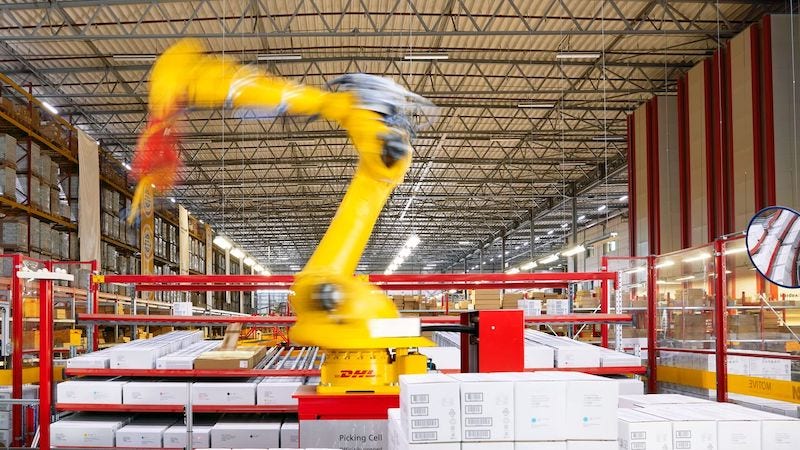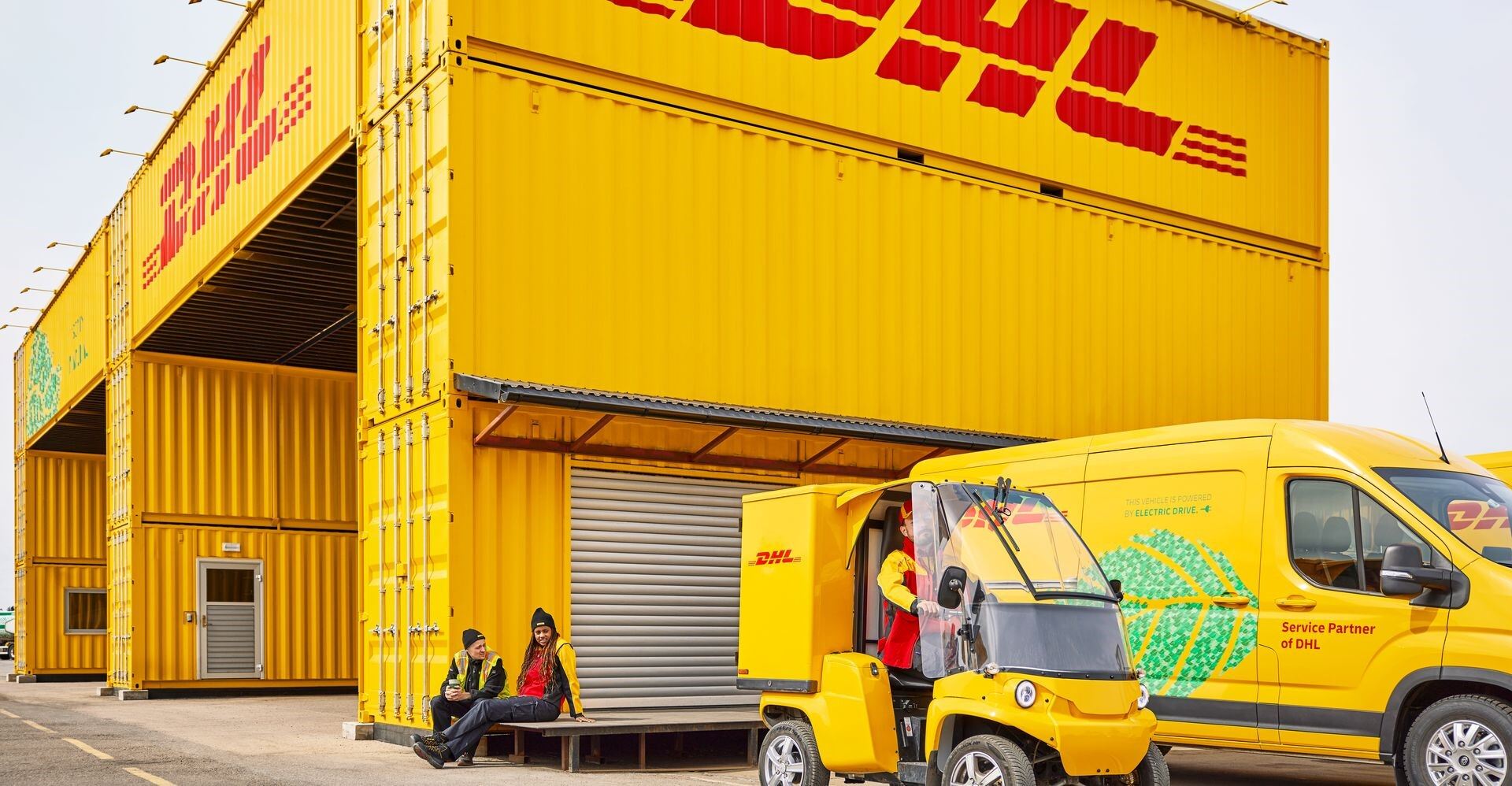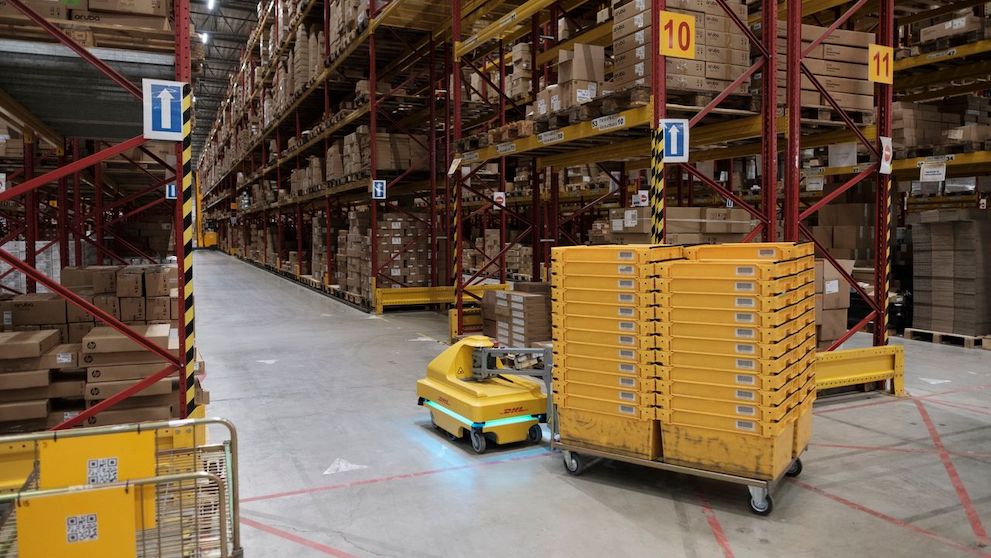The logistics industry is experiencing a shift propelled by advancements in digital technology. As we look towards 2024, it's clear that integrating digital solutions into supply chain management is not just an option but a necessity for businesses aiming to thrive in a global marketplace.
But how do these digital solutions contribute to a more efficient, sustainable, and customer-centric operation in the logistics industry? From advanced analytics and big data to artificial intelligence (AI) and the Internet of Things (IoT), let’s discover how emerging technology trends are shaping the future of supply chains.
1. Embracing advanced analytics and big data in supply chain management
In logistics, big data is more than a buzzword; it’s the backbone of strategic decision-making. With vast amounts of data generated by supply chain activities, big data can offer invaluable insights into operational patterns, emerging logistics trends, and opportunities for optimisation.
Meanwhile, advanced analytics, particularly predictive analytics, leverages this data to anticipate demand with accuracy. By extracting patterns and insights from large datasets, this foresight enables businesses to adjust their inventory levels, optimise resources more efficiently, and reduce waste, ensuring that their supply chain solutions are responsive and anticipatory to market needs.
2. The role of Artificial Intelligence (AI) and machine learning
AI and machine learning are also revolutionising logistics, especially in route optimisation and fleet management. By sifting through historical data and analysing real-time inputs, AI algorithms can determine the most efficient routes, while considering factors such as traffic patterns, weather conditions, and delivery schedules. This optimisation can lead to substantial fuel savings and timely deliveries when it comes to international courier pickup service.
Concurrently, machine learning models can predict inventory requirements, helping businesses maintain the right balance between supply and demand – a crucial aspect of smart warehousing and inventory cost reduction.

































